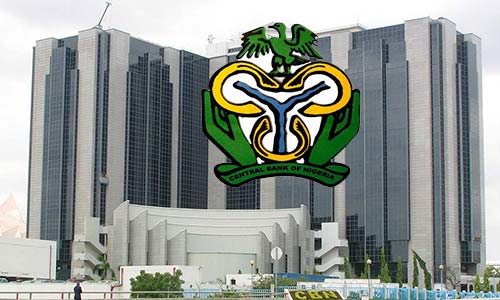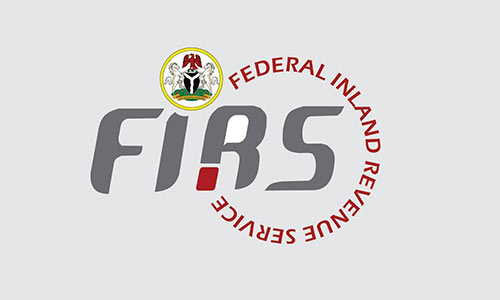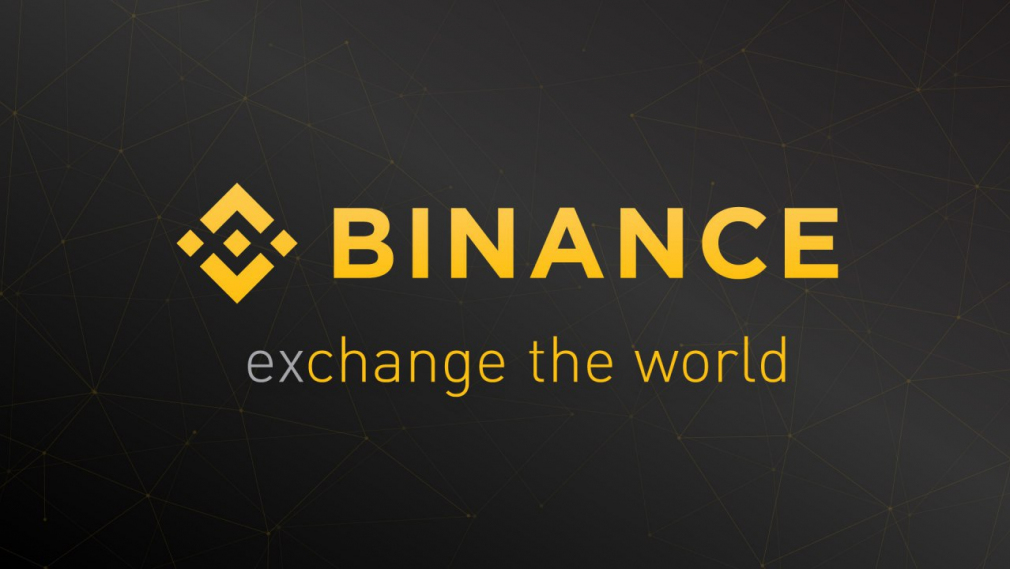Banking and Finance SECTOR INSIGHT 20/02/2022
CBN Has Enough FX To Meet Market Demand, Report Reveals

Amid a spate of measures being put in place by the Central Bank of Nigeria (CBN) to reduce pressure on the nation’s foreign exchange market, analysts from Coudros Securities have expressed confidence in the capacity of the apex bank to meet the forex demand with inflows from the recently issued Eurobond and the IMF’s Special Drawing Rights (SDR).
In its Weekly economic and market update titled: ‘Overview of markets in the week ended 18 February 2022,’ the securities company also stressed the need to attract more foreign portfolio investments to sustain liquidity inflow to the economy.
The analysts argued that the current low level of crude oil production has weakened foreign reserves accretion, a development which they said necessitated the implementation of policies that would encourage the inflow of foreign portfolio investments.
According to the report, “the CBN has enough supply to support the FX market over the short term, given inflows from the recently issued Eurobond and the IMF’s SDR.
“However, foreign inflows are paramount for sustained FX liquidity over the medium term, in line with our expectation that accretion to the reserves will be weak given that crude oil production levels remain pretty low.”
The report called for additional measures to attract FPIs, insisting that: “Thus, FPIs which have historically supported supply levels in the IEW (53.8% of FX inflows to the IEW in 2019FY) will be needed to sustain FX liquidity levels. Hence, we think (1) further adjustments in the NGN/USD peg closer to its fair value and (2) flexibility in the exchange rate would significantly attract foreign inflows back to the market.”
As of last week, Nigeria’s foreign reserves was $40.7 billion almost at the $42 billion thresholds set by the apex bank for mid-2022.
Last year, Nigeria was able to raise $4 billion through Eurobonds, which financial analysts described as a reflection of investors’ confidence in the economy.
The Debt Management Office (DMO) had in a statement explained that the Order Book peaked at $12.2 billion, which enabled the Federal Government of Nigeria (FGN) to raise $1 billion more than the $3 billion it initially announced.
The Eurobonds were issued in three tranches, details, namely seven years –,$1.25 billion at 6.125 per cent per annum; 12 years -$1.5 billion at 7.375 per cent per annum as well as 30 years -$1.25 billion at 8.25 per annum.
Also last year, the board of governors of the International Monetary Fund (IMF) had approved the allocation of $3.35 billion to Nigeria as part of a historic general allocation of Special Drawing Rights (SDRs) of the International Multilateral Institution.
SDRs are international reserve assets created by the IMF and allocated to members to supplement existing official reserves. Holdings of SDRs by an IMF member are recorded as an asset, while the allocation of SDRs is recorded as the incurrence of liability of the member receiving them.
Earlier this year, the CBN announced a new scheme to improve dollar supply, known as Bankers’ Committee “RT200 FX Programme”, which stands for the “Race to $200 billion in FX Repatriation.”
According to the Governor of CBN, Mr. Godwin Emefiele, “the RT200 FX Programme is a set of policies, plans and programmes for non-oil exports that will enable us to attain our lofty yet attainable goal of $200 billion in FX repatriation, exclusively from non-oil exports, over the next 3-5 years.”



